The residential college I was at in 1983 was having an arts weekend. The place was brimming with people and artwork. Musical items were popping up at regular intervals.
My newly minted wife and I were having a great time taking it all in. Then word went round that Annekäte Friedlander would be doing a concert in the evening.
Everyone there was excited. We had no idea who she was but rocked up simply because that is what you did.
Once everyone was seated and quiet the door opened and a wizened old lady of perhaps 80 years of age hobbled in and sat at the piano. Her hands were gnarled, her body bent almost double.
We resigned ourselves to an evening of tremulously played hits from the 1930s. Then she raised her hands and brought them down.
Suddenly the arthritis was banished.
Then she raised her hands and brought them down. Suddenly the arthritis was banished.
Her arms had vigor and her fingers raced across the keyboard. It was a virtuoso piece of Chopin, but what I remember is less what was played and more the outpouring of emotion.
In a moment, I was transported to the high Romanticism of 1930’s Vienna.
As I remember her story, Annekäte Friedlander had enjoyed a promising early career as a concert pianist in Austria or Germany. Or both. She had worked with big name conductors. Then, with the Second World War, she became a refugee who fled to England. To live, she was obliged to find a job as a servant.
Several years went by until one day her employers came home unexpectedly and found her playing the family piano. Instead of firing her, they sponsored her career, and she would eventually become a respected teacher and pianist, albeit one with a local rather than a national reputation.
It is over forty years since that concert. Though I may not have remembered all the biographical details correctly, I have never forgotten her sound.
It was not in keeping with the technically precise playing of the pianists in vogue at the time. Instead, it was rich, emotional and lush in a way that probably seemed old-fashioned to those in the know. But we were entranced.
The concert also taught me a sharp lesson in prejudice.
We had seen an old lady and made a series of unwarranted assumptions. As you get older, you realise that young people frequently do this when judging the capacities of the elderly.
We had seen an old lady and made a series of unwarranted assumptions.
Our youth-oriented culture may be alive to many types of ‘ism’ but ageism is not one that ignites much indignation.
Wisdom, as I’m sure you appreciate, is not the sole prerogative of the aged. I have learned a great deal from my young students. Yet time and experience remain reliable fertilisers when it comes to cultivating the quality.
Sometimes, though, the wisdom that comes from all this experience lies precisely in holding onto the things of our youth.
Annekäte Friedlander seemed to know that she carried something special from her cultural background, and she kept it alive for people who had ears for it.
Sadly, people seem to have fewer and fewer opportunities for fertilisation across the generations. Fewer occasions in which we can appreciate one-another’s wisdom.
Children are schooled with children their own age and adults socialise in peer groups that mirror this. Fewer people go to clubs and churches that might mean they encounter people of different ages. Families are smaller and more likely to be scattered, meaning less contact with grandparents.
In some ways, it seems like individualism has sneaked its way into demographics.
Each generation now has its own set of understandings and uses them to conform to a set script that distinguishes them from the rest. Boomers do this. Gen Z does that. Gen Alpha will no doubt do something quite other.
Our society has, it seems, gained soloists and lost the choir.
Our society has gained soloists and lost the choir.
Perhaps wisdom is simply being open to the harmony that happens when generations play together.
I’d love to see this trend reversed. We need more social groupings which, like Grokkist, harness the rich diversity that exists across the age-divide.
Perhaps wisdom simply involves being open to the harmony that happens when each generation’s contribution weaves together to form complex, beautiful, polyphonic music.
Or perhaps that is simply the Romantic in me. I hope not.
PS – Since writing this I have discovered Tim Ingold’s “The Rise and Fall of Generation Now.” If you are interested in the idea rethinking the way we frame generations, it is a must read.
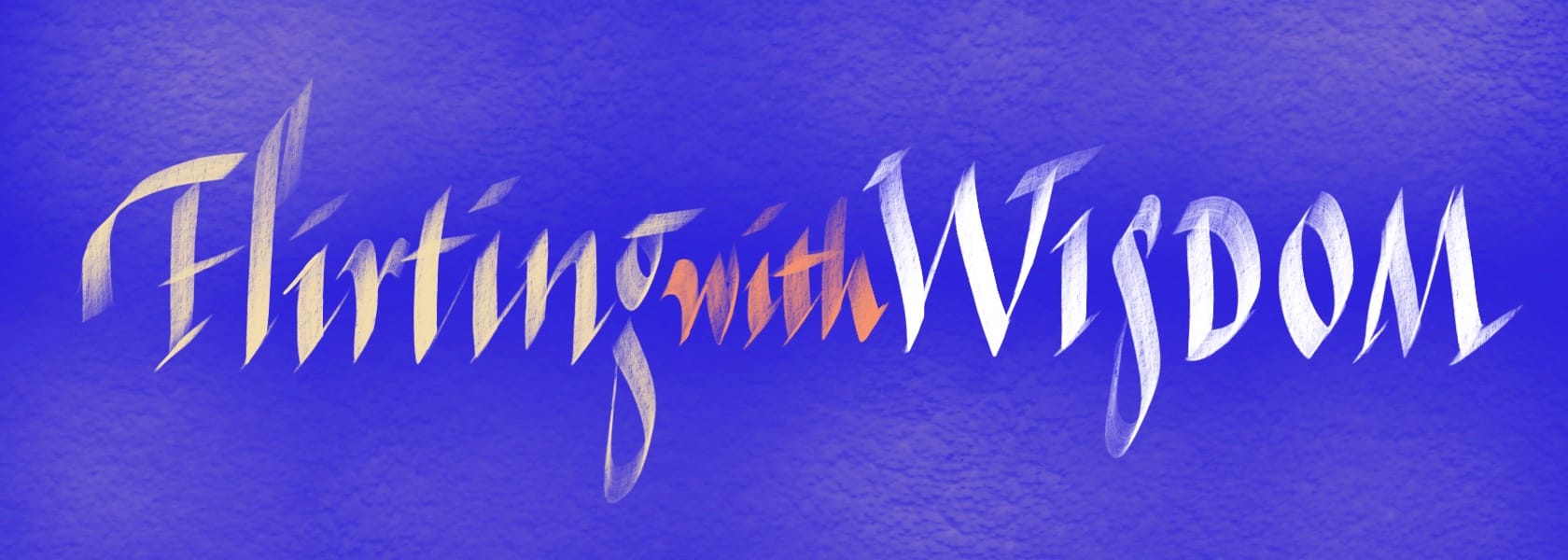
Each vignette invites readers to embrace the beauty of unfinished thinking and the art of holding life’s ongoing questions.


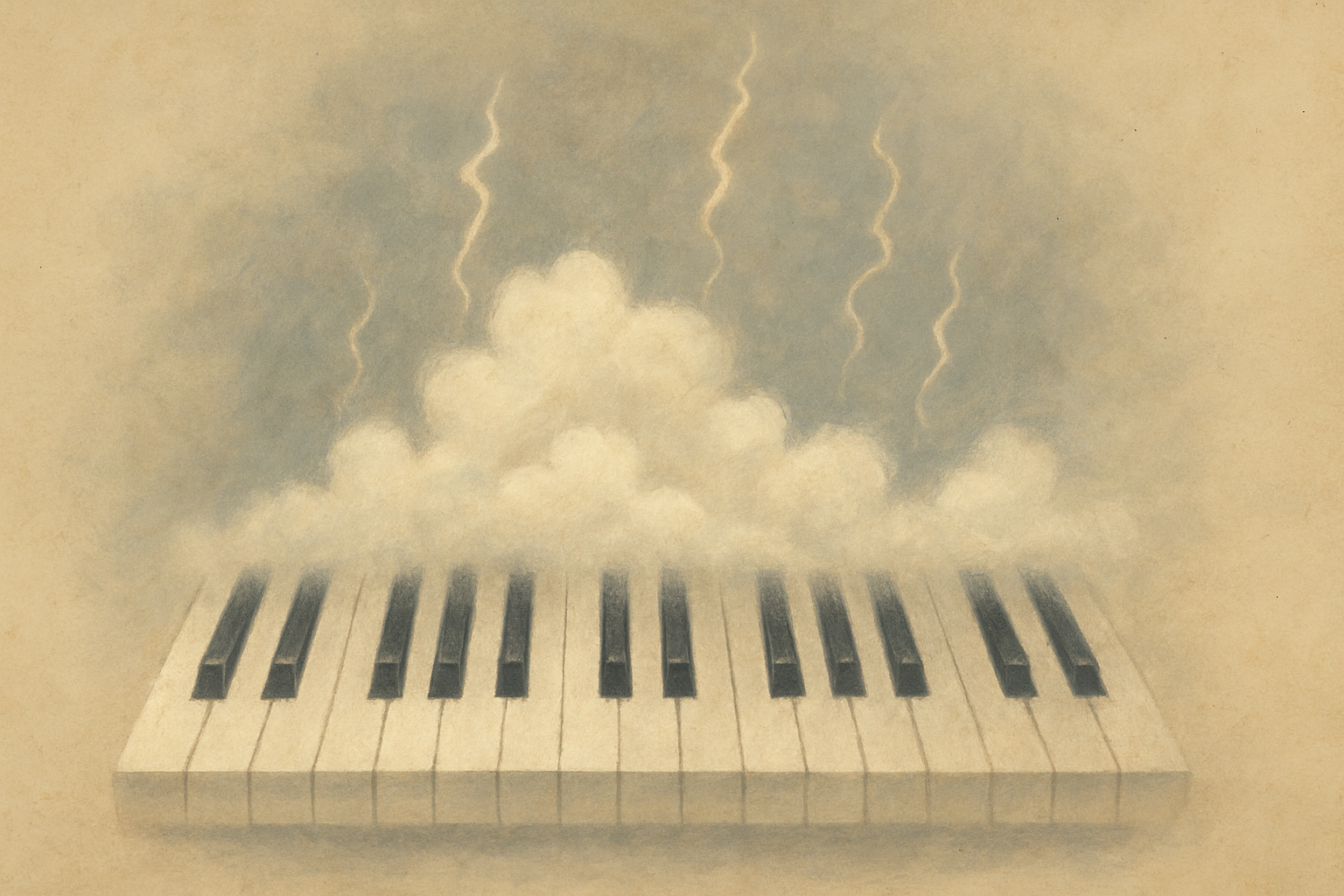
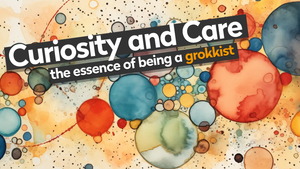



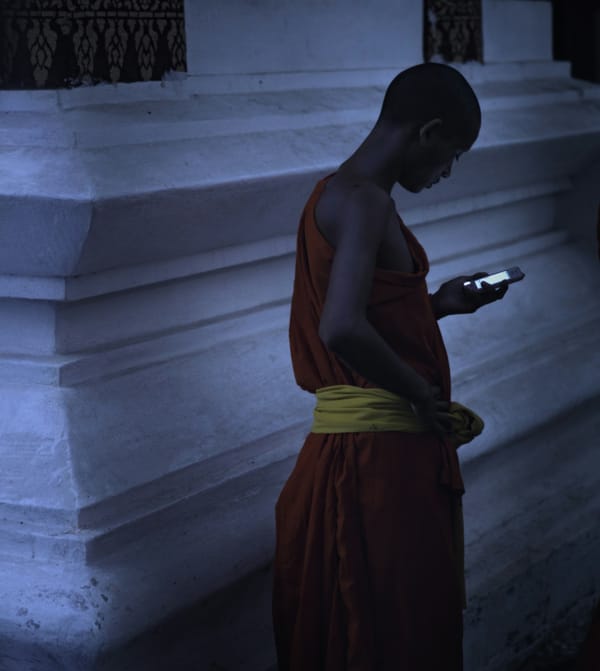

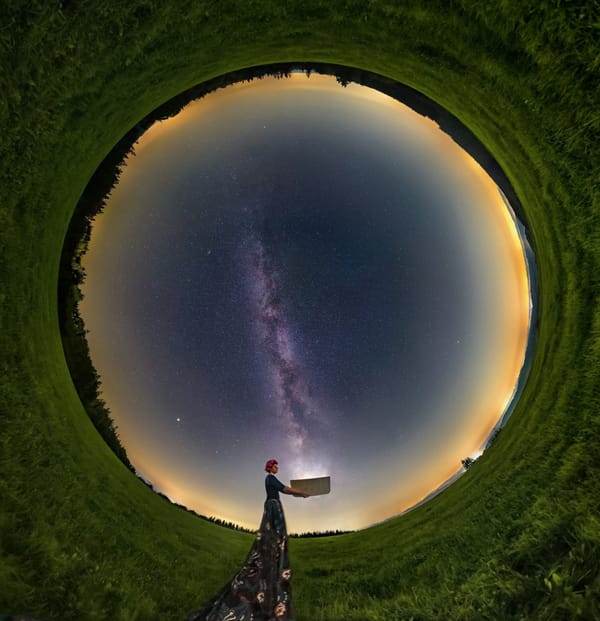
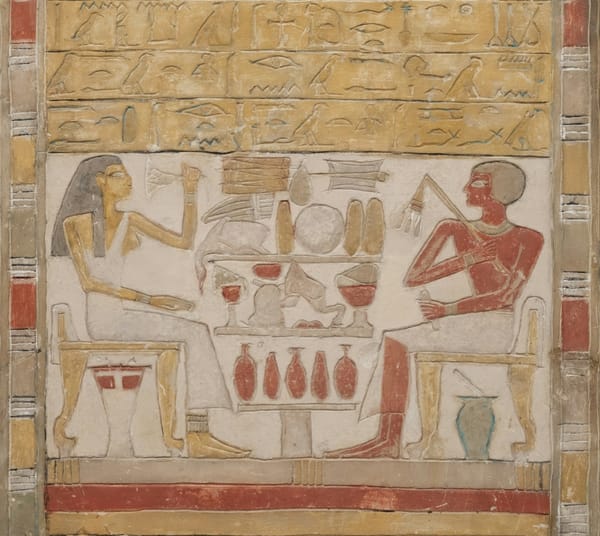
Member discussion